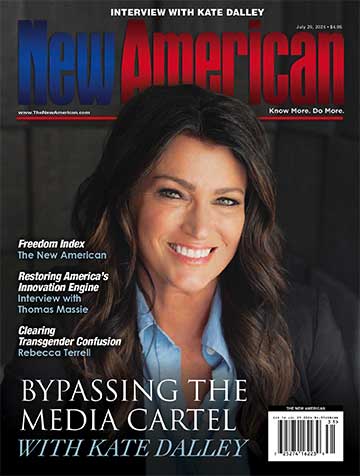
A dozen cities in Los Angeles County filed a lawsuit last week seeking to stop a newly adopted zero-bail policy for felonies and misdemeanors that went into effect October 1.
“The new bail schedule, which all law enforcement agencies in the county must follow, will result in a significant increase in criminals released back into the community shortly after their arrest. The new bail schedule will make permanent many of the provisions implemented under the “Zero-Bail” approach,” stated a city of Glendora press release.
The new policy was approved by the Superior Court of Los Angeles County with the intention of reducing reliance on cash bail as a condition of release for those who are arrested for non-violent, non-serious felonies and misdemeanors.
The new bail protocols, according to the court’s press release, acknowledge the fundamental inequality of cash bail.
The presiding judge, Samantha P. Jessner, stated, “A person’s ability to pay a large sum of money should not be the determining factor in deciding whether that person, who is presumed innocent, stays in jail before trial or is released. Any determination of an arrestee’s status after arrest but before being charged should be based on an individualized determination of risk and likelihood to return to court. A low-risk arrestee should not be held in jail simply because they cannot post the necessary funds to be released pending arraignment.”
The purpose of bail is to ensure an arrestee appears for all court appearances. According to The Epoch Times, the new policy ends “the years-long standard of setting cash bail amounts for defendants commensurate with the severity of the crime they are accused of committing — a process critics say favors the rich while doing little to protect public safety.”
Crime has been on the increase in California, with a 2022 report sharing that the state’s violent-crime rate increased by 6.1 percent since 2021; property crime was up 6.2 percent, with robberies jumping by 10.2 percent during the same time frame.
The combination of the increase in crime and the zero-bail policy led to the decision and “joint commitment between the City of Whittier and the cities of Arcadia, Artesia, Covina, Downey, Glendora, Industry, Lakewood, La Verne, Palmdale, Santa Fe Springs, and Vernon to prioritize the safety and security of residents, businesses, and law enforcement personnel,” stated the Glendora press release. “Due to the severity of the impact this will have on local communities, we anticipate more cities will join us in our efforts.”
The court’s decision to implement the new policy focused on the California Constitution and its provision that prohibits excessive bail, as most “arrestees who are presumed innocent until proven guilty beyond a reasonable doubt are entitled to release on bail while awaiting trial.”
Judge Jessner added to the court’s decision, stating, “The Court looks forward to working with County leaders, including our law enforcement and justice partners, to continue to think broadly about what we can do as a community to facilitate the protection of public safety, maximize the likelihood that these persons will return to court and ensure that low-level offenders do not sit behind bars prior to arraignment simply because they cannot afford bail.”
The lawsuit by the dozen cities hopefully will lead to the policy being revisited, if not completely reversed. “It is our duty to this community to ensure the safety of those live here, work here, and visit,” said Glendora Mayor Gary Boyer. “The zero-bail schedule fails to support local leaders in their pledge to protect their residents, and that is unacceptable.”
According to the city of Glendora, “under the new bail schedule, most of the criminals the police arrest will be released at the location of the arrest with a notice to appear in court or be brought to the City’s jail to be ‘booked and released’ with a notice to appear in court. This court appearance will be weeks or months away from the date of the arrest.”
The list of misdemeanor crimes and non-violent felonies in California “includes car thefts, car burglaries, thefts of property at any value, retail and commercial thefts and burglaries, possession of stolen property, forgery, drug sales, and many others.”
Los Angeles County Supervisor Kathryn Barger, according to The Epoch Times, shared that her office was hearing from concerned constituents about the new bail policy, stating, “Residents don’t feel safe. One only has to turn on the TV each morning and hear what happened the day before, whether it be a smash-and-grab, a carjacking, a burglary, an armed robbery … and people what to know how this is going to impact crime on the street.”
The Times continued, “Barger said she fully understands the problems with cash bail, but it’s a matter about how to explain to the public what the new system is working to accomplish, and ‘how are we going to make sure that criminals out there don’t feel there are no consequences.'”
That’s the key — consequences. Right now, it appears that the bail policy is one-sided, with law-abiding citizens suffering under an increased risk of crime, while the court is more focused on social justice and equality for criminals.




